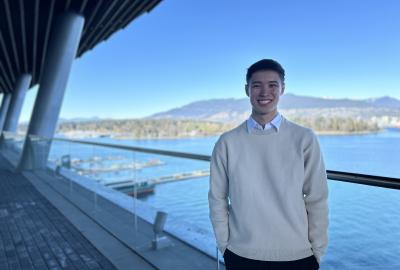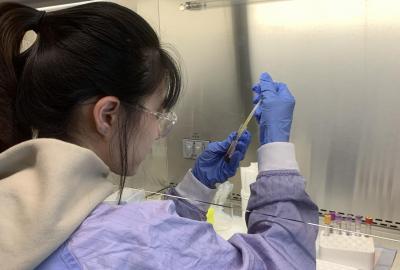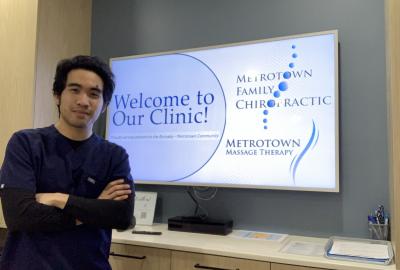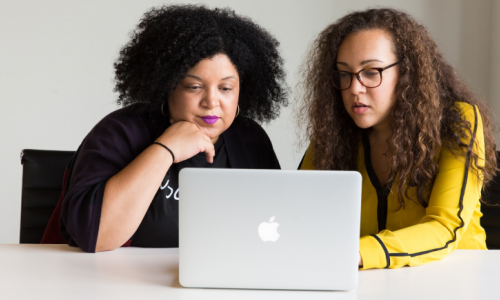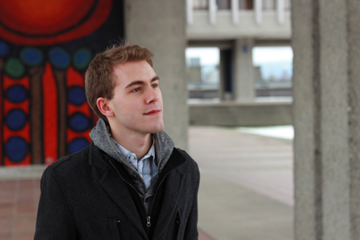
When it comes to your career, predicting, planning or trying to figure out what you’ll be doing in the future is well…almost impossible. Did you know that 70% of post-secondary students revealed their career choices were significantly influenced by an unplanned event (Krumboltz and Levin, 2004)?
So instead of focusing on the need for a plan, why not be flexible, open-minded and curious, and capitalize on chance events? Who knows, you may discover a career that you love. Kathleen Mitchell, who holds a Doctorate in Counseling Psychology with an emphasis in Career Development, suggests that when it comes to your career choice, chance is a huge factor, and consequently you cannot control or predict your future. Dr. Mitchell advocates being prepared for and generating chance opportunities and coined the phrase “Planned Happenstance.” She says Planned Happenstance is about an attitude you gain and actions that you take. While it is not just about being lucky, Dr. Mitchell states that by being curious, expecting the unexpected, you can make luck happen and equip yourself to embrace chance and change So here are the five traits or competencies to help you create your own luck:
-
Curiosity – You can explore new learning opportunities and find out more about something, just by asking questions. For example, sitting down with a professional for an informational interview to learn about their job and how to get started in the industry. You could also take a course to develop new skills to help you get started too.
-
Persistence – Persistence is key! Keep doing things, despite setbacks that may arise. If things are not going according to plan, ask yourself if there is anything else you could be doing differently, or if an opportunity exists.
-
Flexibility – Make sure that you are open-minded, by allowing yourself to change attitudes or circumstances so that new information can reinforce a goal, lead to new goals or help you achieve clarity.
-
Risk Taking – Don’t be afraid of taking action and doing something, even if you are unsure how it will turn out. Sometimes you can’t know everything about an opportunity before you take action and purse that opportunity.
-
Optimism – By viewing opportunities as possible and attainable, you are enabling yourself to believe that there are opportunities out there for you, and that you can achieve them! Having a positive attitude allows you to be persistent as well.
To read more about Planned Happenstance, check out Dr. Mitchell’s book: The Unplanned Career, How to Turn Curiosity into Opportunity, or her website!




